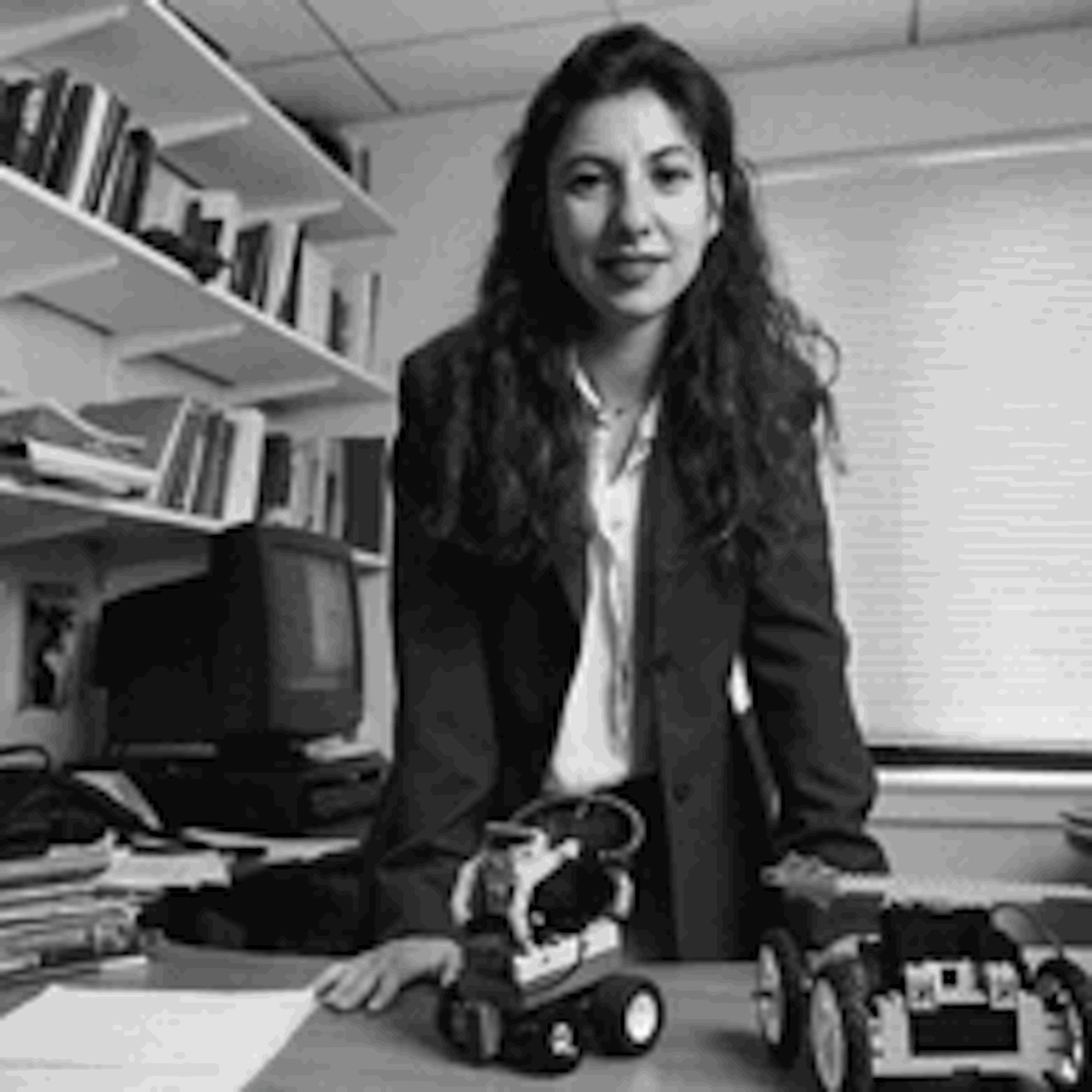Marina Bers, "The Design of Digital Experiences for Positive Youth Development"

b'As the design of our digital landscape is increasingly guided by commercial purposes and not by developmental concerns, there is a sense of urgency for developing strategies and educational programs that promote positive development by taking into consideration the children\\u2019s social, emotional, cognitive, physical, civic and spiritual needs. But we should also consider the unique design features of each technology and the practices and policies that shape different interactions in the digital landscape. Although this talk will focus on new technologies, it is inspired by an old question: \\u201cHow should we live?\\u201d This talk will present an approach to help children gain the technological literacies of the 21st century while developing a sense of identity, values and purpose. Too often youth\\u2019s experiences with technology are framed in negative terms. This talk acknowledges problems and risks, and takes an interventionist perspective. Based on over a decade and a half of research, this talk provides a theoretical framework for guiding the implementation of experiences that take advantage of new technologies to support learning and personal development, as well as examples from concrete experiences. These engage children in playful learning by supporting digital content creation, creativity, choices of conduct, communication, collaboration and community building. These are the six C\\u2019s proposed by the Positive Technological Development framework. They can guide the design and the evaluation of digital experiences from early childhood to adolescence, and offer a possible path to help children out of the playpens into the playgrounds of this technological era.\\n\\nMarina Umaschi Bers, Ph.D., is an associate professor at the Eliot-Pearson Department of Child Development and the Computer Science Department at Tufts University. She heads the interdisciplinary Developmental Technologies research group. Her research involves the design and study of innovative learning technologies to promote positive youth development. Dr. Bers received prestigious awards such as the 2005 Presidential Early Career Award for Scientists and Engineers (PECASE), a five year National Science Foundation Young Investigator\\u2019s Career Award and the American Educational Research Association\\u2019s Jan Hawkins Award. Over the past decade and a half, Dr. Bers has conceived, designed and evaluated diverse technological tools ranging from robotics to virtual worlds in after-school programs, museums, hospitals, and schools both in the U.S. and abroad. Dr. Bers has received several NSF grants and is active in publishing her research in academic journals. Her book Blocks to Robots: Learning with Technology in the Early Childhood Classroom was published in 2008 by Teacher\\u2019s College Press. Most recently, Dr. Bers wrote The Design of Digital Experiences for Positive Youth Development: Out of the playpen into the playground, to be published by Oxford University in early 2012. Dr. Bers is from Argentina. In 1994 she came to the U.S. and received a Master\\u2019s degree in Educational Media from Boston University and a Master of Science and Ph.D. from the MIT Media Laboratory.'